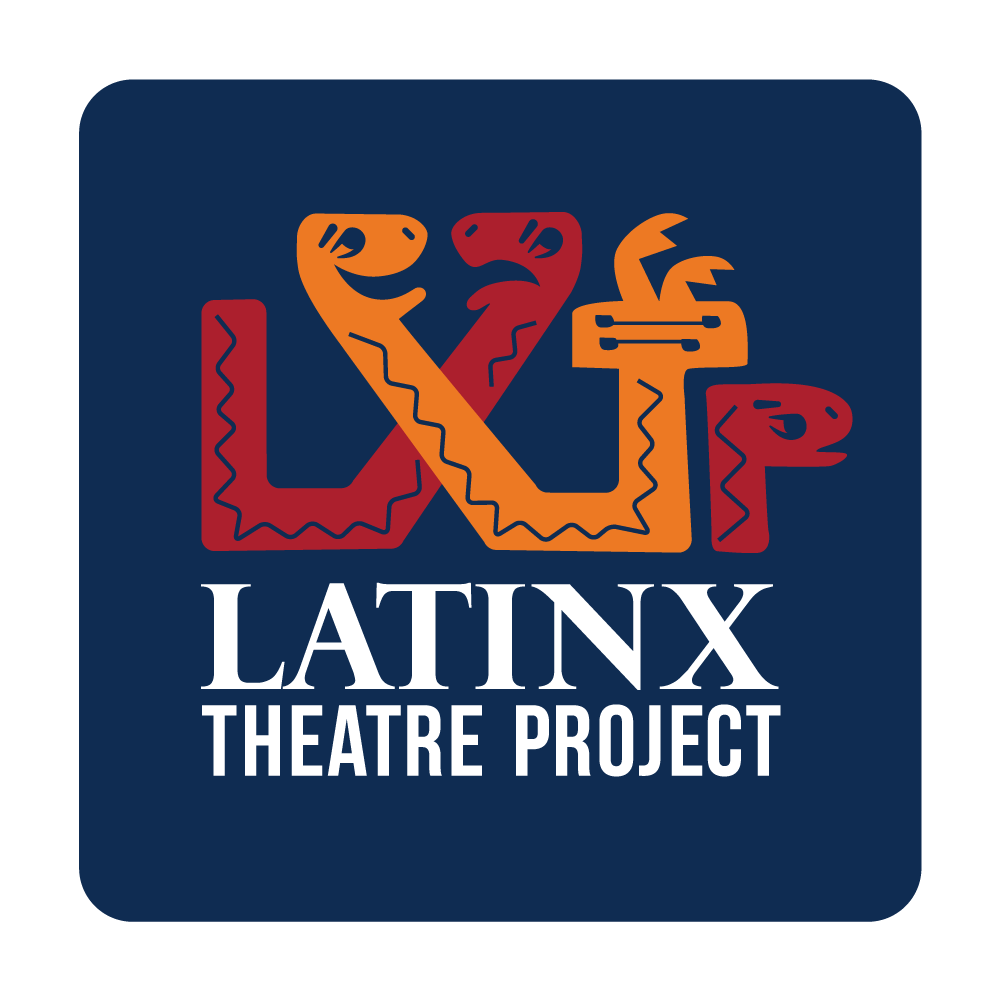Black, Brown, Beautiful
As most of you know, February is Black History Month, and to celebrate we wanted to highlight some Afro-Latina women in the entertainment industry. They have paved roads and pushed the entertainment industry forward to include more Black and Brown women.
We can’t start this blog without mentioning la reina herself, Celia Cruz. Celia is known as the “queen of salsa”, she was born in Havana, Cuba, and started her singing career as the lead singer for La Sonora Matancera. She was the first Black front person for the group since they started. During the Cuban revolution, Celia had to leave Cuba and started her career in Mexico and the United States. She grew the salsa scene in New York, which is how she acquired her name as the queen of salsa. She wrote songs that had a positive attitude and gave people hope. Her legacy inspired generations of young artists to follow a singing career.
A poet with a tongue of cream and sugar, Elizabeth Acevedo has turned heads with her poetry. She is a New York Times bestselling author and has won countless awards for her poetry. She is most known for her book “Poet X”, and I recommend you listen to her spoken word “Afro-Latina”, which inspired the title of this blog. She also often goes to schools to teach students about spoken-word poetry and the work she does.
Rosie Perez improvised this dance and it took eight hours to film.
One of my favorite voices of all time, Rosie Perez. Perez is an actress, voice actress, choreographer, and community activist. She started her career with Spike Lee’s Do The Right Thing and White Men Can’t Jump. She grew up in Brooklyn, NY, and had a very tough childhood. She was in the foster care system and grew up with a speech impediment, which all led up to later developing PTSD. She was for a time in Soul Train and had a very unique style while dancing. Due to her love of dance, especially hip hop, she choreographed music videos for some big names. She was nominated for an academy award and many other awards. She co-directed the film, Yo soy Boriqua, pa’que tu lo sepas! and she has been an activist for AIDS/HIV and continues to work to make the performing arts accessible and inclusive through positions in committees.
Photo by Erik Carter
Tessa Thompson, a newer face but very impactful, is an actress and a singer-songwriter. She has starred as “Valkyrie” in the Marvel films and as “Bianca” in the Creed films. Her newest film Passing has recently been getting a lot of attention for her representation as a “white-passing” Black woman. Her fashion style has quickly made her an icon and she uses her wardrobe to show her self identities. She is afro-Panamanian and of Mexican descent. She is an activist who has been a voice for working with more female directors. She identifies as queer and has been a huge advocate for the LGBTQ+ Black community.
Photo by Grazia France
Rosario Dawson, a Cuban and Puerto Rican, is an actress, voice actress, producer, and activist. She has been in Rent, Men in Black II, Seven Pounds, and He Got Game. She has voiced for Justice League movies, The Lego Batman Movie, and Elena of Avalor. She has given to a lot of charities and has volunteered for many organizations such as Voto Latino and Save The Children.
Zoe Saldana has made her mark as an actress. She appears in three of the five highest-grossing films of all time, which makes her the second-highest-grossing film actress of all time. She has appeared in Avatar, Avengers: Infinity War, Avengers: Endgame, the Guardians of the Galaxy movies, and The Book of Life, and many more. She is Dominican, Haitian, Puerto Rican, and Lebanese. She is particularly involved in helping children of impoverished backgrounds and often helps organizations like Baby2Baby and Children’s Defense Fund.
All of these women have helped their communities and use their platforms to raise awareness and create actual change for Afro-Latina women around the U.S. and the world. We can’t end this month without acknowledging the struggles that Black women go through all the time. We will continue to celebrate Black women in film, theatre, and entertainment every month. It is up to us to purposefully create Diversity and Inclusion within the industry and to surround ourselves with work from Black creators, so they get more opportunities.
written by Gabriela Arroyo



